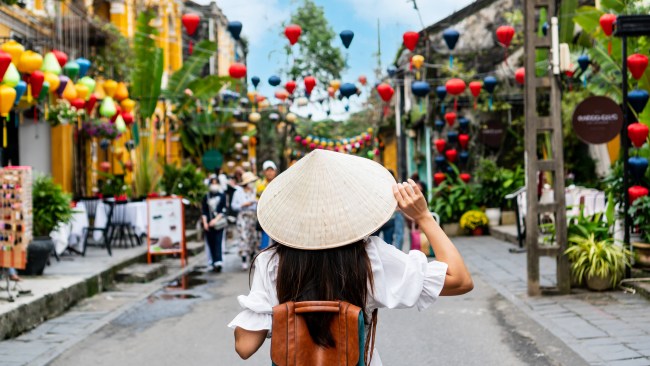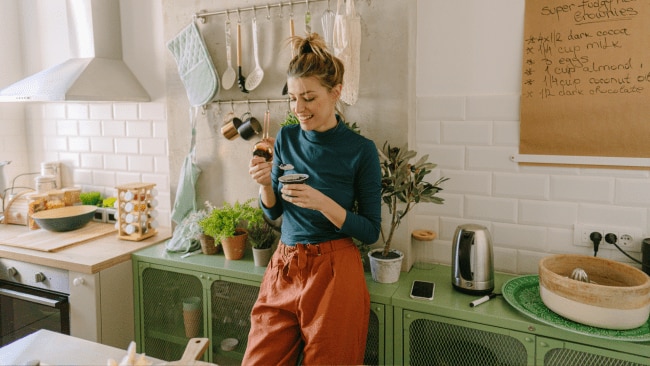MasterChef Australia alum, Darrsh Clarke on family and falling forward
He's back to win
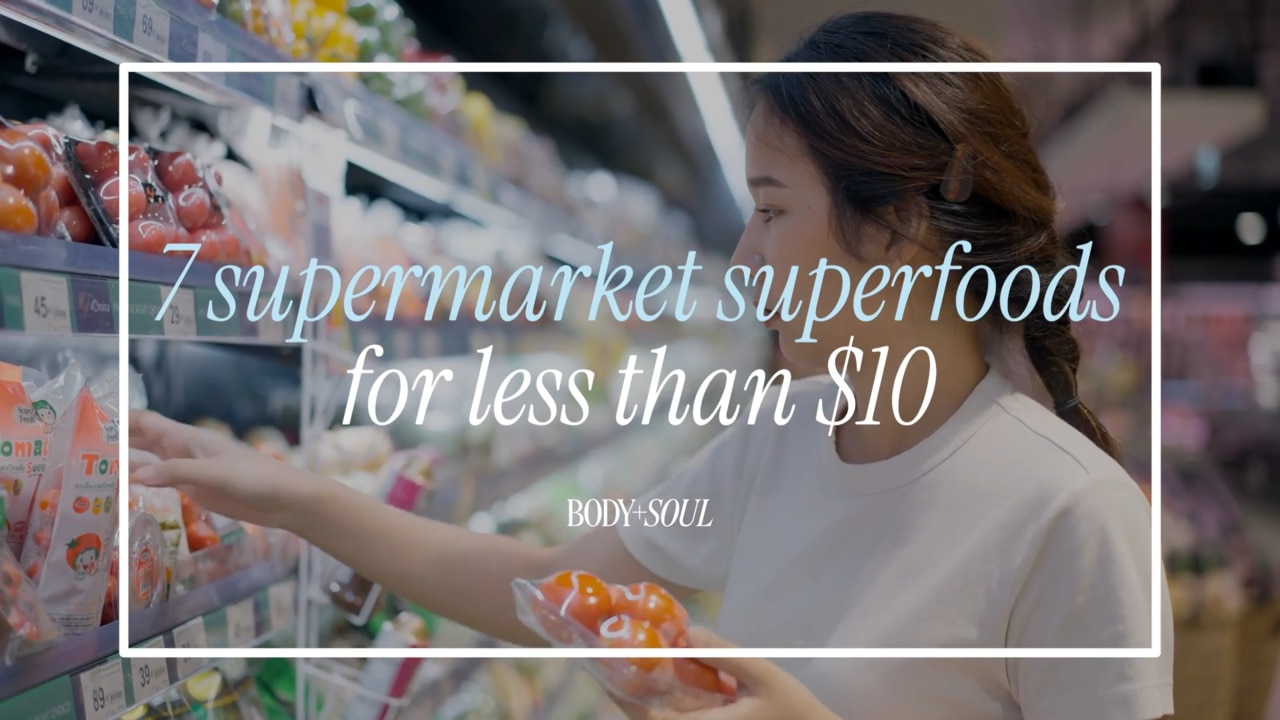
Lifestyle
Don't miss out on the headlines from Lifestyle. Followed categories will be added to My News.
The ‘Dessert King’ on navigating grief and life lessons learned in the MasterChef kitchen.
You just missed out on a top five spot in Season 16 of MasterChef Australia, and now you’re on Season 17’s ‘Back To Win’ series. How did you reframe the disappointment of being eliminated, and what gave you the courage to bounce back and try again?
I love this question and I’m going to give you a real cliché answer. When a child comes off a bike, we don’t say they’ve failed – they’ve simply fallen. And when they fall, they learn something new, and go again.
My advice is simple: when you fall throughout life, fall forward. [Returning to MasterChef] was a thought I wrestled with a lot. It’s so hard when you’ve come so close to come back in and just be like, ‘Ok, eyes on the prize. If I don’t win, then I’ve failed.’
I got to a point halfway through last season where I almost got eliminated and decided to take every cook as it comes; to not worry about my place or how many people were left. It was very much an attitude of take every day as it comes – and that did wonders for my mind.
MasterChef pressure tests are infamously challenging. How do you prepare for such a stressful environment?
The pressure tests are probably the epitome of having a good mindset and being clear. The recipes are designed for you to succeed, they’re written in a way that if you follow them one step at a time, you will get it done.
But it’s so hard when you see 100 steps not to overwhelm yourself. It’s a good metaphor for life: taking it literally one step at a time. It’s just mind over matter.
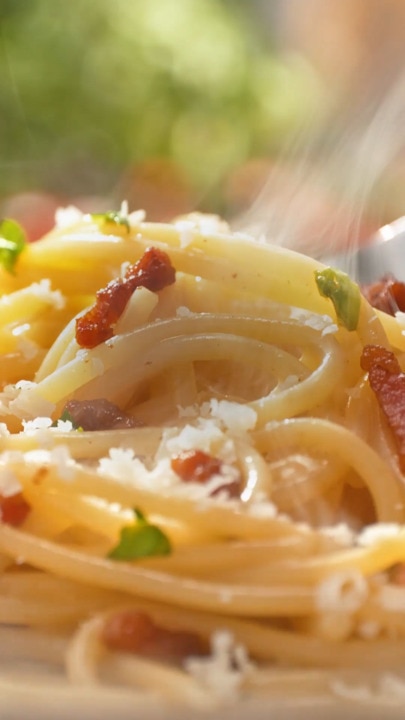
You’ve spoken about how your Dad helped shape your passion for food. How did you navigate the grief of losing him as a young man, and what has that journey been like since stepping back into the public eye?
When he passed away I was 23, and the way I immediately processed it wasn’t the best. It’s such a shock and you don’t know what to do, particularly as a young man. I think I got quite avoidant with my emotions and was very quick to go, “Oh, I’ve processed it” and then just pushed it aside.
Even when I found out he had passed away, it was a couple weeks until the funeral and I didn’t cry at all and was wondering what was wrong with me, why I wasn’t feeling any of these emotions. It wasn’t until the funeral that it really hit me; I’d been bottling it up the whole time and it just exploded.
The processing happened over time and it really took me having to seek out therapy – not just for this, but to learn more about myself and the way that I think.
What’s been a challenge is not being able to chat to him about that creative side, because he definitely inspired me to be creative and think outside of the box and challenge the norm, and that definitely comes out in my cooking.
Your parents moved to Perth from Sri Lanka in 1989 and in 2024, Australia watched you reclaim your heritage on screen as you introduced audiences to the flavours of home. How has reconnecting with your cultural identity changed the way you see yourself?
I think as you get older, you shed your child self and Master Chef was such a good catalyst for me. I’m 33 now and you still keep learning things about yourself, but that was a moment to be proud of my heritage and culture.
When you get older, you actually want to be different whereas when you’re a kid, you just want to be the same as everyone else.
I remember one message in particular came from a Mum saying, “Tomorrow is my son’s birthday and he was going to take just a birthday cake, but now he’s going to take a Sri Lankan sweet because he had watched the episode and he said he wanted to take something Sri Lankan to school.” All of it was worth it to get that one message.
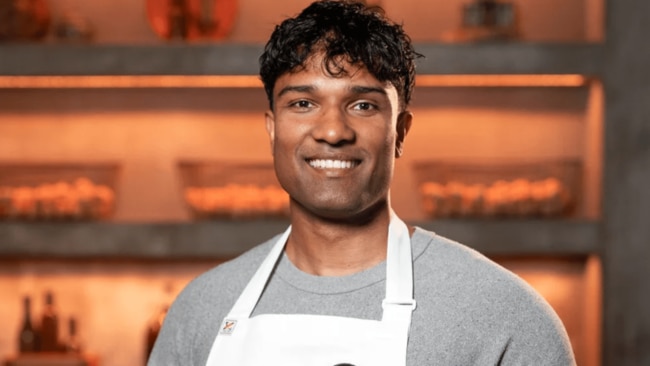
You’re hailed as the Dessert King of the competition and have said your love of baking came from spending time with your grandma. In what ways did she inspire you?
She was the one who inspired me, she used to bake a lot of cakes. Growing up I was actually a chubby kid, in Sri Lankan culture the chubbier you are is seen as a good thing - it means you can afford food.
My grandma used to pump me full of desserts and sweets. I always used to go to my grandparents’ place over the school holidays because my Mum would be working.
My grandma would just be baking constantly and I’d be eating the batter and the icing right out of the freezer and I loved it so much. I would be tasting it as she was creaming the butter and sugar, then when the eggs went in, then the flour.
It’s all translated to this inherent knowledge of what a cake should look like at every stage that I learned as a 12-year-old just from having a finger in the batter and licking the bowl.
How do you strike a balance now between enjoying sweet treats and maintaining a healthy lifestyle?
I don’t, is the answer. A lot of people don’t know but I put on 12 kilograms during Master Chef, I think different people react to stress differently. But in terms of maintaining a really good lifestyle, for me it’s all about routine.
I’m such a routine person, I need to go to the gym in the morning. That’s not a calories thing, that’s a mental thing for me. I’m so much clearer, my creativity is better when I go to the gym, or I might go for a run. I need that.
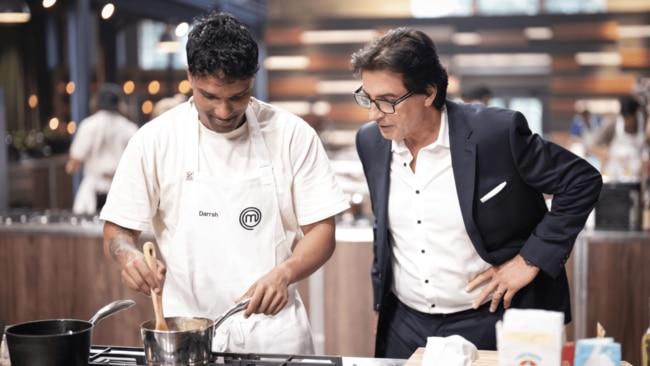
Were you surprised at all by that outpouring of support you received from the Sri Lankan and Indian communities?
For sure. I know it’s difficult for immigrants and immigrant families to assimilate to Australia.
Australia is a beautiful country and you want to be a part of it, but it’s tough as a second generation or a child of immigrants because you’re kind of stuck in between the two. You’re at home and you’ve got grandparents who hold onto the culture, and then you’ve got your friends at school who maybe don’t understand that as much.
It’s tricky managing the two, and it’s tricky for parents as well to know what the right thing to do is. I think I was definitely overwhelmed by how many people were really supportive, and how many people deeply resonated with it. And even friends that I had growing up at school who I hadn’t heard from, they reached out after ten years saying, “I’m so glad that you said this.”
Therapy helped for me big time. Just being able to unpick all the stuff that’s going on. Not in a way of resolving things but just to understand yourself more. I think when you do that you set your mind free and set yourself free from whatever you’re holding onto.
More Coverage
Originally published as MasterChef Australia alum, Darrsh Clarke on family and falling forward



